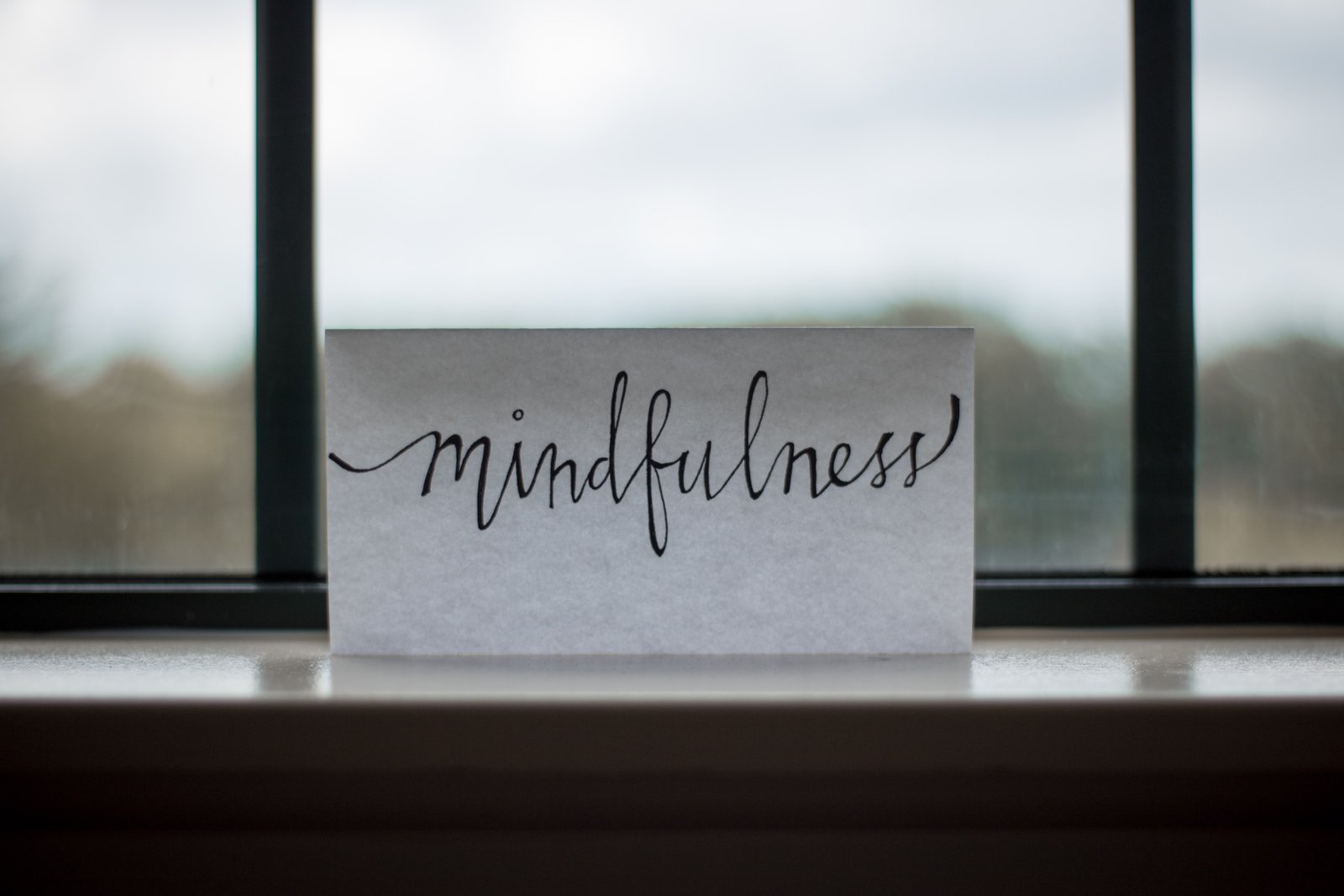5 Strategies for Emotional Self-Reliance
Emotional self-reliance is the ability to rely on oneself for emotional support and well-being. It is about cultivating inner strength and resilience to navigate life’s challenges. By developing strategies for emotional self-reliance, we can become more confident, independent, and in control of our emotions. In this article, we will explore five effective strategies that can help you enhance your emotional self-reliance.
1. Cultivate Self-Awareness
Self-awareness is the foundation of emotional self-reliance. It involves being in tune with your emotions, thoughts, and behaviors. Take time to reflect on your feelings and identify any patterns or triggers. This awareness allows you to understand yourself better and make conscious choices about how to respond to different situations. Practice mindfulness techniques, such as meditation or journaling, to deepen your self-awareness.
Additionally, seek feedback from trusted friends or professionals to gain different perspectives on your emotional patterns. This external input can provide valuable insights and help you develop a more comprehensive understanding of yourself.
By cultivating self-awareness, you can take ownership of your emotions and develop a greater sense of emotional self-reliance.
2. Build a Supportive Network
While emotional self-reliance emphasizes independence, it does not mean you have to face everything alone. Building a supportive network of friends, family, or mentors can provide you with a sense of belonging and emotional support when needed.
Choose individuals who are understanding, empathetic, and non-judgmental. Surround yourself with people who uplift and encourage you, rather than those who drain your energy or undermine your self-reliance. Having a support system allows you to share your feelings, seek advice, and gain different perspectives, which can strengthen your emotional resilience.
Remember, emotional self-reliance does not mean isolating yourself; it means cultivating healthy relationships that contribute positively to your emotional well-being.
3. Practice Emotional Regulation
Emotional regulation is the ability to manage and express emotions in a healthy and constructive manner. It involves recognizing and understanding your emotions without being overwhelmed by them. Developing effective emotional regulation strategies can help you navigate difficult situations with composure and resilience.
One technique is deep breathing. When you feel overwhelmed, take slow, deep breaths to calm your nervous system and regain control of your emotions. Engaging in regular physical exercise, such as yoga or running, can also help release tension and promote emotional balance.
Furthermore, practice reframing negative thoughts and challenging irrational beliefs. This cognitive restructuring can help you approach situations with a more positive and rational mindset, reducing emotional distress.
By mastering emotional regulation techniques, you can respond to challenging situations in a way that aligns with your values and goals, enhancing your emotional self-reliance.
4. Set Boundaries
Setting boundaries is crucial for maintaining emotional self-reliance. Boundaries define what is acceptable and unacceptable in your relationships and interactions with others. They help protect your emotional well-being by preventing others from crossing your limits or taking advantage of you.
Reflect on your values and priorities to determine your personal boundaries. Communicate these boundaries assertively and respectfully to others, making it clear what you will and will not tolerate. Remember, setting boundaries is not about being selfish; it is about prioritizing your emotional well-being and ensuring healthy relationships.
Setting and enforcing boundaries can empower you to take control of your emotions and protect yourself from emotional harm, fostering emotional self-reliance.
5. Practice Self-Care
Self-care is essential for nurturing emotional self-reliance. Engage in activities that bring you joy, relaxation, and fulfillment. Take time to recharge and prioritize self-care practices that align with your needs and preferences.
Self-care can involve various activities, such as spending time in nature, practicing hobbies, getting enough sleep, and maintaining a healthy lifestyle. Prioritize self-care as a non-negotiable part of your routine, and be mindful of your emotional needs.
Remember, self-care is not selfish; it is necessary for maintaining emotional well-being and enhancing emotional self-reliance.
Conclusion
Developing emotional self-reliance is a lifelong journey that requires commitment and practice. By cultivating self-awareness, building a supportive network, practicing emotional regulation, setting boundaries, and prioritizing self-care, you can enhance your emotional self-reliance and navigate life’s challenges with greater confidence and resilience.
Remember, it is okay to seek professional help if needed. A therapist or counselor can provide guidance and support as you work towards strengthening your emotional self-reliance.
Embrace these strategies and empower yourself to become emotionally self-reliant, leading to a more fulfilling and balanced life.
